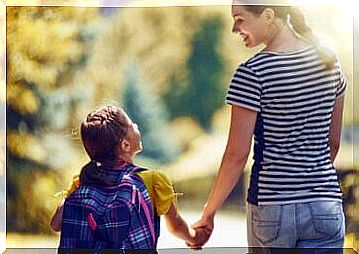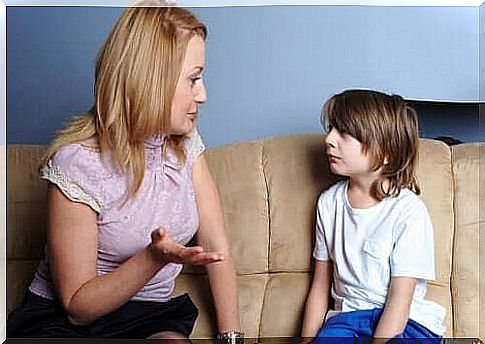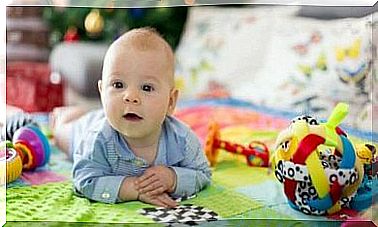My Child Is Starting School! – Being Parents

The day when the little one starts school has arrived ; it is usually a time when there is a lot of doubt. Along with the statement “ my child is starting school ”, there are hopes and fears, anguish and joys. This is all the more true if the child has spent the first three years of his life exclusively within the family.
In the rest of this article, we will look at some tips to facilitate the adjustment of children, but also families, at school. Keep them in mind so that both parties can successfully take this next step.
What does the adaptation period to school consist of?
It’s not just about new people, activities and environment when school begins at age three. It also opens the door to a world whose structure of rules, authorizations, limits and prohibitions may differ from what we know at home.
In order to ensure the emotional integrity of the children, the institution has an adjustment period which may vary from one school to another, or even from one region to another. If you are one of those people who are shaken by the phrase “ my child is starting school, ” you should know that you are not alone. This is why the adjustment period includes families.
The school can plan a first activity in which parents can participate with their children to learn about the way teachers work, the physical space and the rest of the child’s classmates. It is a good opportunity to impart self-confidence to children.

My child starts school: some ideas for his adaptation
The acclimatization to school of young children is gradual. One of the traditions is that they go in 15 minutes on the first day and add a few more minutes each day. In some schools adaptation takes a month, in others longer.
It is important to consider how to approach this procedure when registering young children. In some institutions, we do not give many explanations, but it is the right of families to demand them.
Some children will be comfortable from the start, others will need more time. In any case, when the family shows serenity and confidence in the new stage, it will be easier to resolve to the change for the children.
Schooling should be as natural as visiting friends or relatives. Talking about home school in a calm and familiar manner helps to resolve the situation in the best possible way.
Of course, there are no magic answers and solutions, especially when it comes to children. Every child is different and it is important to trust them at this point. At the age of three, they will logically not express their feelings the way an adult would.
Patience should be the key word before, during and after adaptation. Knowing that my child is starting school and has to learn new habits in a strange context, I have to understand that he or she can show some anger at home, with different attitudes, an aggressive or anxious tone.
Tips for a better adaptation
Here are some helpful tips in the adaptation process :
- The possibility of talking about school as a family gives the child the opportunity to express his doubts and fears. Communication is essential in home education.
- Parents will want to learn about teachers, classmates and activities. The child will be able to feel understood during his schooling.

- It is tempting when children are very young to allow them to sleep on certain days instead of attending class. However, during the adaptation period, a daily presence is essential. Always in respect, listening and dialogue, the child must be encouraged to go to school.
- It may happen that the child relates an event experienced at school which does not attract the attention of the parents or which seems insignificant. However, it is essential to listen to everything they have to say, their impressions, their concerns.
In summary, young children need loving and conscious guidance as they enter the education system. The priority must be to give them the necessary space to express themselves.
We need to be confident that the children in the house will feel comfortable in school, that they will find their own way of communicating, learning and being. It will help them bond happily with their peers and teachers.








